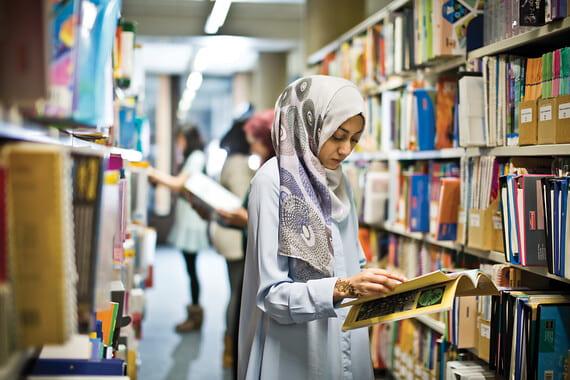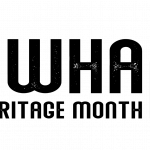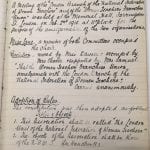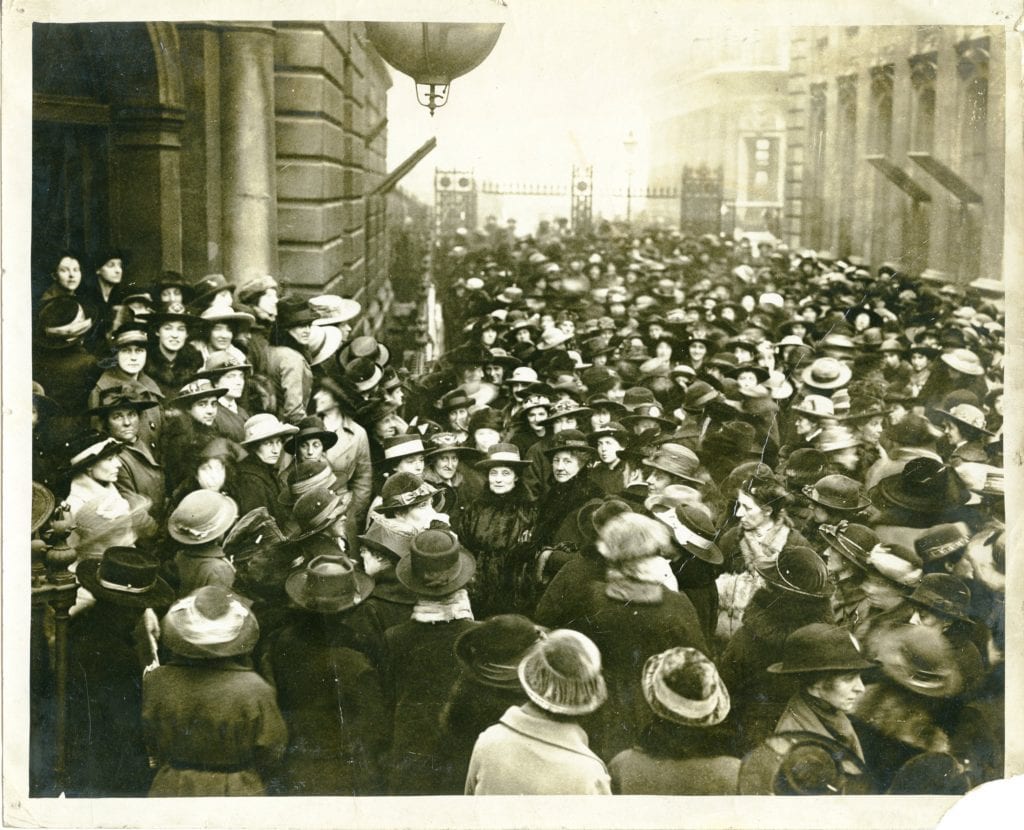The New Curators Project is Open for Applications!
By Vicky A Price, on 18 January 2021
If you’re interested in applying for the 2022 New Curators Project, visit The New Curators Project 2022 is Open for Applications! Application deadline for the 2022 New Curators Project is midnight on February 28th. For more information, visit our page on how to apply.
The New Curators Project is a new programme by UCL Special Collections and Newham Heritage Month. It will offer 10 young people in East London the chance to develop the skills and experience needed to start a career in the cultural heritage sector.
UPDATE: The application deadline has closed. If you’d like to apply for the 2022 New Curators project, visit The New Curators Project 2022 is Open for Applications!
What will the project entail?
Successful applicants will receive training from industry experts in key areas such as carrying out historical research, creating an exhibition and engaging with cultural heritage audiences. Participants will also work together to create an exhibition for Newham Heritage Month. Using historical material from UCL Special Collections and the Archives and Local Studies Library in Stratford, the exhibition will be an opportunity for participants to gain real life curation experience for a public heritage festival audience.
We expect the entire project to take place online, with the possibility of face to face sessions towards the end of the project (this will depend on national and local restrictions. Any face to face activity that does take place with be compliant with government guidelines).
Who can apply?
Applications are open to people who:
- Are aged 18 to 24 at the time of making their application.
- Are living, studying or working in Newham, Hackney, Tower Hamlets and Waltham Forest.
- Are not a university graduate.
- Have less than 6 months paid experience in the cultural heritage sector.
As this project is a part of Newham Heritage Month, there are 5 places available to individuals who live, work or study in the borough of Newham. The remaining 5 places are available to those who live, work or study in Tower Hamlets, Hackney or Waltham Forest.
When is it happening?
Application close midnight on 12th February 2021. There will be two online sessions per week, the first will be during the week of 1st March 2021 (date and time to be agreed with participants). The final week of activity will be the week of 24th May 2021.
The project is running again durring the spring of 2022 – you can find more information on our page The New Curators Project 2022 is Open for Applications!
What’s in it for me?
We will be providing training in essential skills for working in the cultural heritage field, including:
- How to carry out historical research.
- How to use an archive.
- How to create an exhibition.
- Presentation and public speaking skills.
We are also offering a £200 bursary, paid in instalments, to support participants in attending as many of the workshops as possible.
Do I need to have any specific A Levels or GCSEs?
Absolutely not. We want to recruit participants who have a passion for local history, regardless of their qualifications.
What is Cultural Heritage?
The cultural heritage field is an area of work focused on preserving history and culture and making it available to the general public. Among other things, it includes:
- Museums.
- Arts organisations and charities.
- Libraries and Archives.
- Historic Buildings and heritage sites.
- Archaeology.
- Conservation.
How do I apply?
Applications for the 2021 New Curators Project are currently closed. If you’d like to apply for the 2022 New Curators Project, visit our page The New Curators Project 2022 is Open for Applications!

Among other skills, The New Curators Project will train participants in carrying out research, creating exhibitions and public speaking.
Questions?
You can send us an email at: library.spec.coll.ed@ucl.ac.uk.
Or, if you’d prefer to give us a call, you can call Vicky Price, Head of Outreach, on 07741671329.


 Close
Close








